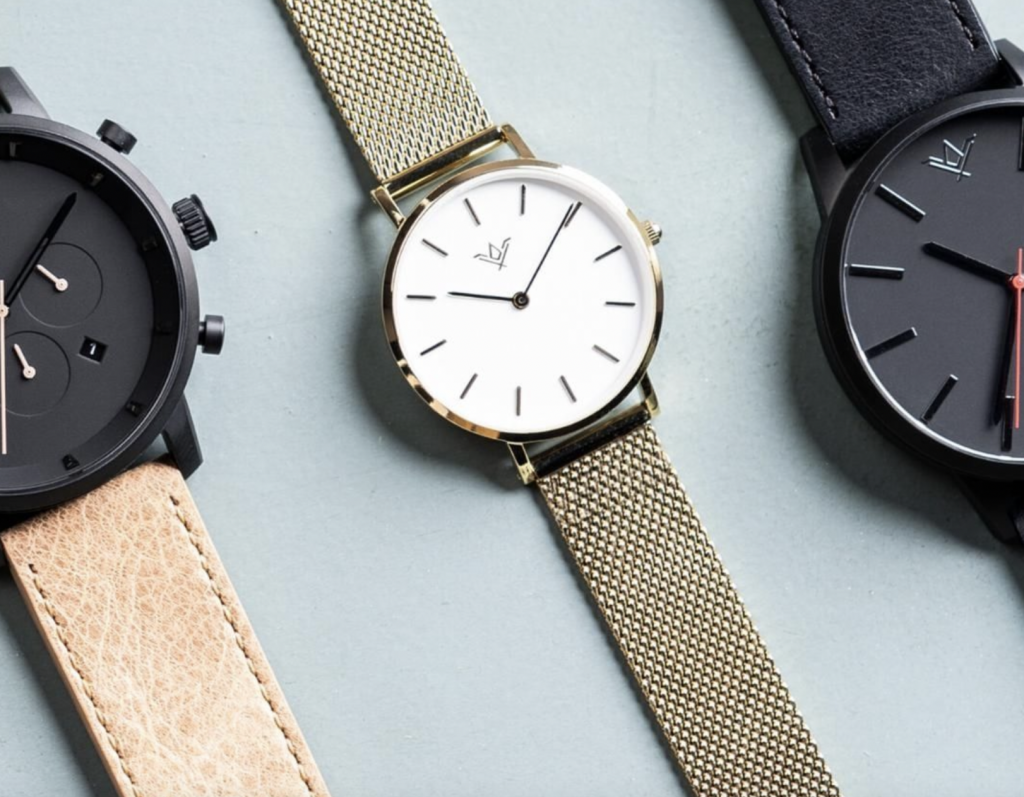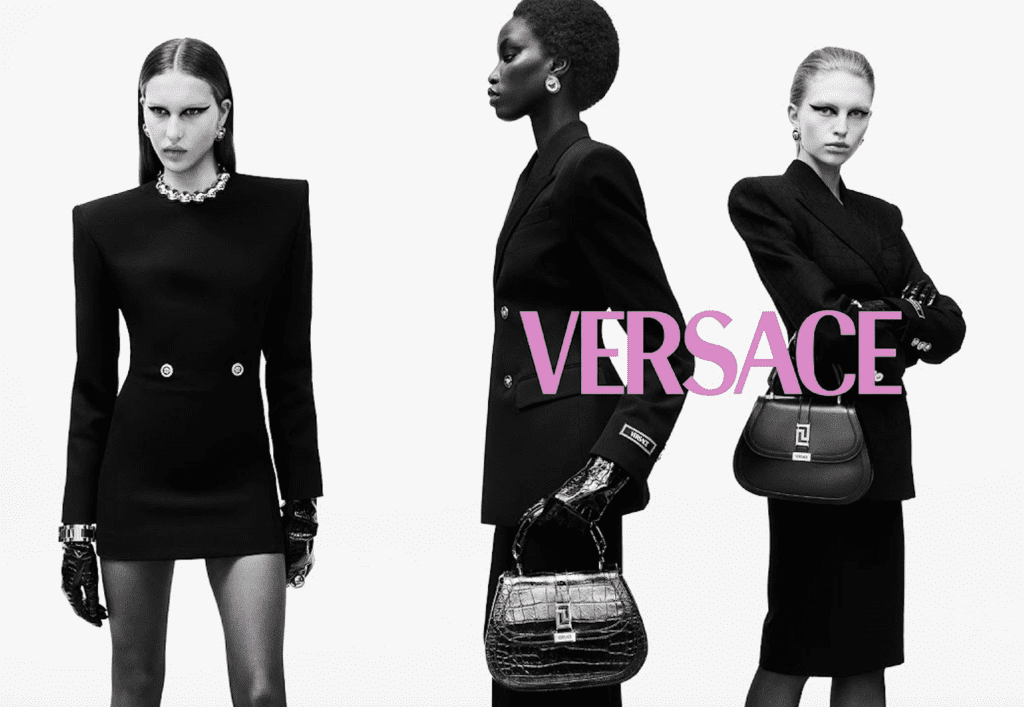Amid looming allegations of fraud in connection with the government’s COVID-19-centric Paycheck Protection Program, the Department of Justice has reached its first settlement with a loan recipient. SlideBelts – a Sacramento, California-based e-commerce that sells watches, patent-protected belts, and small leather goods – has agreed to pay $100,000 to settle the fraud charges lodged against it by the Justice Department after repaying the $350,000 loan that it received from the PPP-administrating Small Business Administration (“SBA”) after misrepresenting the state of its business.
SlideBelts and its president and CEO Brigham Taylor received $350,000 in funding last year in furtherance of the Paycheck Protection Program, a federal program that the U.S. Treasury described as responsible for “providing small businesses with the resources they need to maintain their payroll, hire back employees who may have been laid off, and cover applicable overhead” in the midst of the onset and enduring effects of the COVID-19 pandemic.
Among the requirements that companies are must meet in order to successfully apply for such a loan, the first round of which ran from March to August 2020, a company must show that it had less than 500 employees, and that its average net income after federal income taxes for the two full fiscal years before the date of the application was not more than $5 million. While there is not a formal bar in the Coronavirus Aid, Relief, and Economic Security (“CARES”) Act – the federal law that gave rise to the PPP loans – that prohibits a company in the midst of bankruptcy proceedings from receiving a loan, the SBA has actively limited access by bankrupt borrowers, nonetheless.
Bankruptcy proved to be an issue for 14-year old SlideBelts and Taylor. Despite filing a petition for Chapter 11 bankruptcy in August 2019 (which it withdrew in June 2020, only to refile it in August), the company and its founder admitted as part of the headline-making settlement that that they made “false statements to federally insured banks that SlideBelts was not in bankruptcy in order to influence those banks to approve, and the SBA to guarantee, a Paycheck Protection Program loan to SlideBelts.”
“As a result of their false statements, SlideBelts received a Paycheck Protection Program loan for $350,000,” the U.S. Attorney’s Office for the Eastern District of California announced in a statement on Tuesday. “Months later, in response to demands by the United States, SlideBelts returned the Paycheck Protection Program funds to the lender,” with Taylor and SlideBelts also admitting that “their statements caused false claims to be made to the SBA in connection with the Paycheck Protection Program loan,” thereby violating the False Claims Act, and the Financial Institutions Reform, Recovery and Enforcement Act.
Specifically, “the defendants made false statements to multiple banks in order to obtain a Paycheck Protection Program loan that should have been disbursed to an honest small business suffering financially from the economic effects of the COVID-19 pandemic,” said U.S. Attorney McGregor W. Scott asserted. “The Department of Justice and our partners at the SBA will use all tools at our disposal, including civil fraud statutes, to aggressively pursue those who exploit federal programs intended to help those in need during this national emergency.”
The SlideBelts scenario sheds light on the ramifications of current bankruptcy proceedings for PPP loan-seeking companies. As previously noted, the CARES Act does not outright block companies in bankruptcy, but quite tellingly, Question 1 on the PPP Borrower Application Form requires applicants to disclose whether the applicant or any owner of the applicant is “involved in” any bankruptcy, with an explicit note that if Question 1 is answered “Yes,” then the “loan will not be approved.”
K&L Gates’ John Gardner, Margaret Westbrook, and Emily Mather note that the Interim Rules that the SBA released in late April 2020 “clarified that applicants involved in a bankruptcy case are, in fact, ineligible to receive a PPP loan,” and stated that “if the applicant, or an owner of the applicant, is the debtor in a bankruptcy proceeding, either at the time of the application or at any time before the loan is disbursed, the applicant must notify its lender and request cancellation of the application.” This specific SBA provision has been challenged on the basis that the U.S. Bankruptcy Code “prohibits discrimination by the government against a debtor based upon its status as a debtor in bankruptcy.”
In particular, it was challenged in In re Hidalgo County Emergency Service Foundation, in which the U.S. Bankruptcy Court for the Southern District of Texas in issued a Temporary Restraining Order blocking the SBA and Hidalgo County Emergency Service Foundation’s PPP Loan application because the company was in the midst of Chapter 11. Following a hearing before the U.S. District Court for the Southern District of Texas, which entered a preliminary injunction in Hidalgo’s favor, the U.S. Court of Appeals for the Fifth Circuit overturned the injunction, holding that such an equitable remedy directed towards the SBA is prohibited.
In addition to raising issues about the filing of a PPP loan application while a company is in the midst of bankruptcy proceedings, given that SlideBelts ultimately withdrew its bankruptcy petition only to file again after receiving the loan, the matter touches on another potential question for companies and the SBA: what happens when companies receive a PPP loan and then file for bankruptcy? “While the CARES Act and published PPP guidance is silent regarding the treatment of PPP loans funded prior to a debtor’s bankruptcy filing,” per Gardner, Westbrook, and Mather, “the SBA would likely have no practical remedy to prevent the debtor from using those funds,” and the debt would likely be treated as “a general unsecured claim, subordinated to secured claims and costs of administration of the estate.”
Hardly an insignificant question, the wave of retail bankruptcies that occurred in 2020 is expected to continue (to some extent, at least) in 2021. As such, Gardner, Westbrook, and Mather say that “it will be important to monitor the treatment of PPP loans in bankruptcy cases going forward and whether the SBA will change its position regarding the eligibility of bankrupt applicants in light of these challenges.”
All the while, the first round of the PPP – which is being followed by a second round of loans in connection with the $900 billion COVID-19 relief package enacted on December 27, 2020 – has raised eyebrows, as companies like Marchesa, the Olsen twins-founded The Row, Valentino USA, Kanye West’s Yeezy venture, heavily-funded e-commerce company Moda Operandi, Tom Ford, Khloe Kardashian’s Good American, Etro USA, Chrome Hearts, and Manolo Blahnik Americas, among other big names, collectively raked in tens of millions of dollars in loans.











